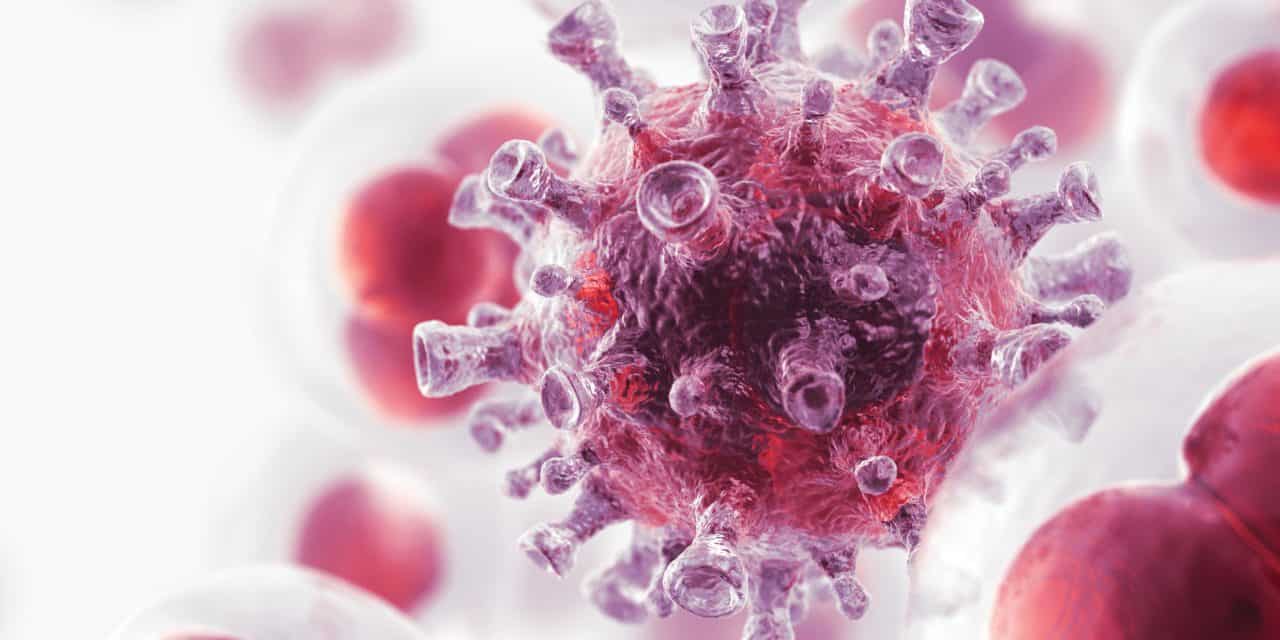Zika virus (ZIKV) infection in pregnancy is associated with congenital neurological abnormalities. Our understanding of the full clinical spectrum of ZIKV infection is incomplete. Using data from this prospective cohort study consisting of 650 women attending a high-risk pregnancy clinic during the Zika virus outbreak in Brazil, we investigated the extent to which specific symptoms can be utilized to differentiate ZIKV-infected pregnant women from those with other pregnancy-related problems. All were tested for ZIKV in urine by RT-qPCR. Demographic and clinical data including physical symptoms during follow-up were recorded and analyzed with respect to Zika virus exposure status. Forty-eight (7.4%) women were positive for ZIKV by RT-qPCR. The majority (70.8%) were asymptomatic, and only four ZIKV-positive women (8.3%) reported symptoms during pregnancy that met the WHO case definition. Zika-positive and -negative women reported similar frequencies of ZIKV-like symptoms (as per the WHO definition): fever (16.7% vs. 13.6%), arthralgia/arthritis (10.4% vs. 11.3%), rash (4.2% vs. 5.3%), and conjunctivitis (2.1% vs. 3.2%). Most pregnant women positive for ZIKV in urine are asymptomatic and do not deliver a baby with microcephaly. Physical symptoms alone did not differentiate between high-risk pregnant women positive or negative for ZIKV.
Can Zika Virus Infection in High Risk Pregnant Women Be Differentiated on the Basis of Symptoms?


